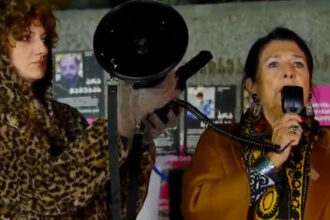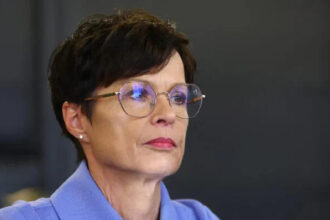The European Commission will continue to closely monitor the application of the Law on Broadcasting, and will be prepared to offer guidance to Georgia. The concept of “obscenity”, which is not included in the Directive, is not a concern that needs to be addressed by the Directive.
The Delegation believes it is important to have a dialogue with all stakeholders on this issue.
“EU directives are not always followed exactly. Instead, EU member states have some freedom to decide how to transpose them into national laws. Georgia, especially since it is on a path to enlargement, must adhere to certain principles and provisions.
Georgia must comply with the Audiovisual Media Services Directive, which includes hate speech and the regulation of minors. This is especially important now that Georgia is on its way to enlargement. Georgia must also adhere to the directive’s specific provisions in order to continue participating in the Creative Europe Programme.
After consultations with European Commission, the Georgian parliament adopted amendments that address this issue. Specifically, they introduce the possibility of appealing decisions on the protection for minors and hate speeches.
Many reputable civil society and media actors have expressed concerns about the independence of Georgia’s regulator. Throughout all consultations with Georgia, the European Commission always stressed the importance of working further to ensure the independence of the regulator. We understand that Georgia has promised to continue this work.
The European Commission will continue to monitor very closely the application of the Law on Broadcasting, and will be prepared to give guidance to Georgia.
The concept of “obscenity” is not included in the Directive, and it is unnecessary to regulate it under the Directive. The EU Delegation stated that it was important to have a dialogue with stakeholders about its application.
Related Story: The majority of the Parliament amends the broadcasting law
Read More @ georgiatoday.ge




